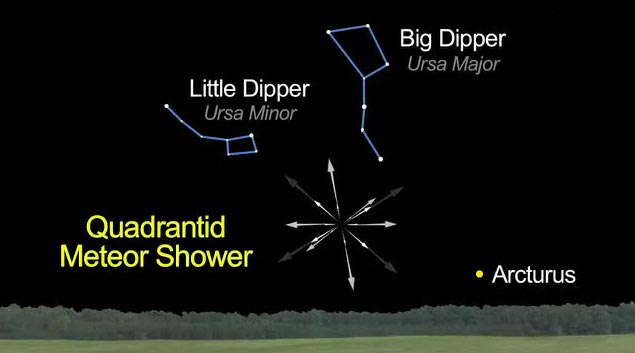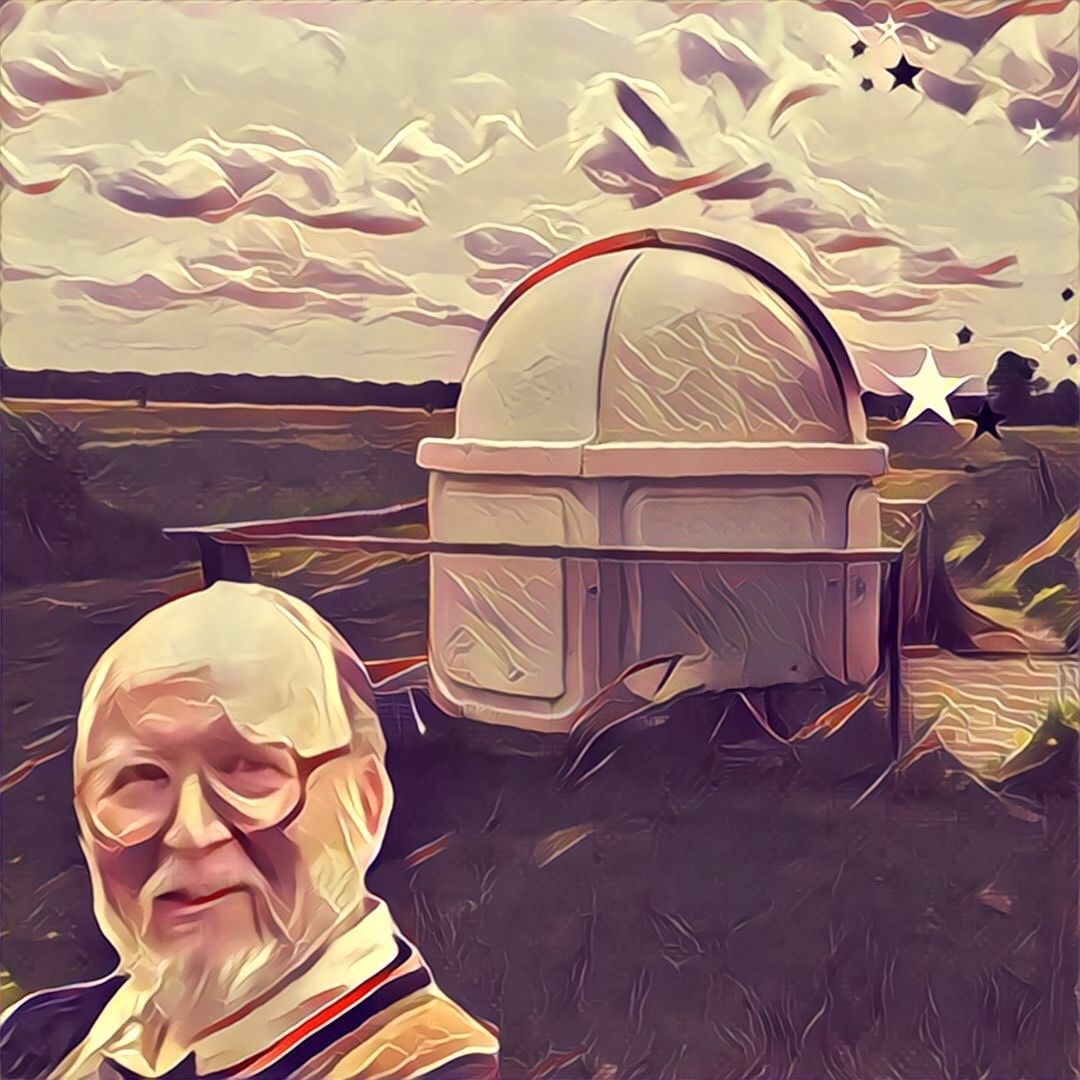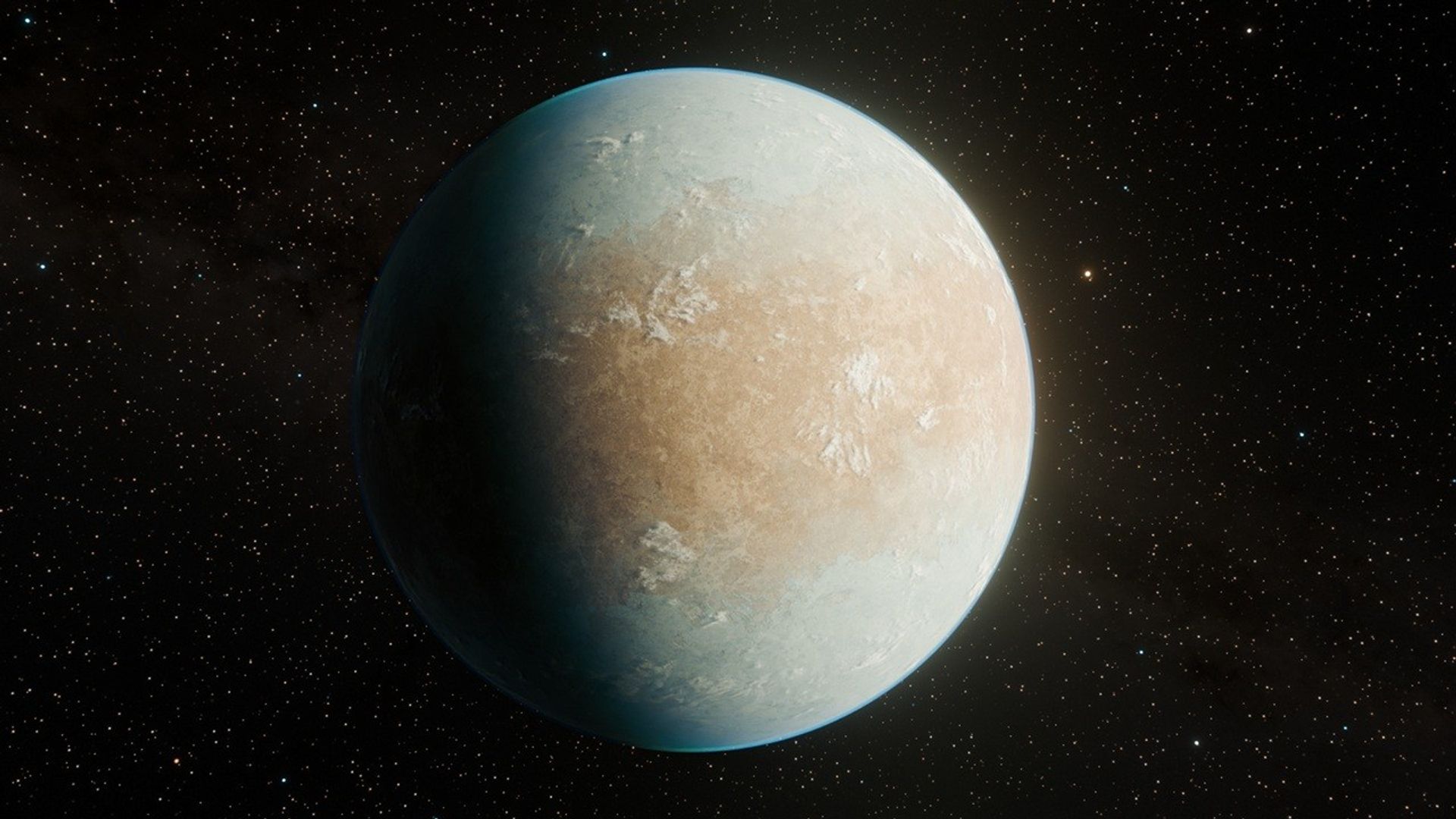Skywatching Events for January 2011

Breaking space news, the latest updates on rocket launches, skywatching events and more!
You are now subscribed
Your newsletter sign-up was successful
Want to add more newsletters?

Delivered daily
Daily Newsletter
Breaking space news, the latest updates on rocket launches, skywatching events and more!

Once a month
Watch This Space
Sign up to our monthly entertainment newsletter to keep up with all our coverage of the latest sci-fi and space movies, tv shows, games and books.

Once a week
Night Sky This Week
Discover this week's must-see night sky events, moon phases, and stunning astrophotos. Sign up for our skywatching newsletter and explore the universe with us!

Twice a month
Strange New Words
Space.com's Sci-Fi Reader's Club. Read a sci-fi short story every month and join a virtual community of fellow science fiction fans!
The year 2011 begins with a packed month of skywatching delights. Here's a look at the most promising skywatching events in January 2011:
Moon Phases
Tue., January 4
New Moon, 4:03 a.m.
The Moon is not visible on the date of New Moon because it is too close to the Sun, but can be seen low in the east as a narrow crescent the morning before, just before sunrise. It is visible in the low southwest the evening after New Moon.
Wed., January 12
First Quarter Moon, 6:31 a.m.
Breaking space news, the latest updates on rocket launches, skywatching events and more!
The First Quarter Moon rises around 11 a.m., and sets around 2 a.m.
Wed., January 19
Full Moon, 4:21 p.m.
The Full Moon of January is usually known as the Old Moon. In Algonquian it is called Wolf Moon. Other names are Moon After Yule and Ice Moon. In Hindi it is known as Paush Poornima. Its Sinhala (Buddhist) name is Duruthu Poya. The Full Moon rises around sunset and sets around sunrise, the only night in the month when the Moon is in the sky all night long. The rest of the month, the Moon spends at least some time in the daytime sky.
Wed., January 26
Last Quarter Moon, 7:57 a.m.
The Last or Third Quarter Moon rises around 1 a.m. and sets around 11 a.m. It is most easily seen just after sunrise in the southern sky.
Observing Highlights
Sun., January 2, 8 a.m.
Uranus 0.6° north of Jupiter
Jupiter and Uranus have been dancing with each other for months, but make their closest approach today. This happens before they rise in daylight in North America, but they will still be very close when they become visible just after sunset.
Tue., January 4, midnight–dawn
Quadrantid meteor shower
This should be the best meteor shower of 2011, because there will be no Moon in the sky. The other two reliable showers, the Perseids in August and the Geminids in December, both coincide with bright Moons, which will cut down on the visibility of faint meteors.
Tue., January 4
Partial solar eclipse
Visible at sunrise in northwest Africa and most of Europe, midday in northern Africa and the Middle East, and at sunset in central Asia.
Sat., January 8, 11 a.m.
Venus at greatest elongation west
Venus will exhibit its “half Moon” phase as it reaches its greatest apparent distance from the Sun.
Sun., January 9, 10 a.m.
Mercury at greatest elongation west
Mercury will be at its farthest from the Sun, making for a pair of “morning stars” with Venus.
Mon. January 24, 6:51 p.m. on
Jupiter’s satellites
A remarkable series of events will take place tonight with Jupiter’s satellites:
6:51 p.m. EST/3:51 p.m. PST – Io will begin a transit of Jupiter’s disk
7:04 p.m. EST/4:04 p.m. PST– Ganymede will also begin to transit Jupiter
7:58 p.m. EST/4:58 p.m. PST – Io’s shadow will begin to cross Jupiter’s face
9:05 p.m. EST/6:05 p.m. PST – Io will end its transit
10:07 p.m. EST/7:07 p.m. PST – Ganymede will complete its transit
10:10 p.m. EST/7:10 p.m. PST – Io’s shadow will end its transit
11:45 p.m. EST/8:45 p.m. PST – Ganymede’s shadow will begin to transit Jupiter
Observers on the East Coast will miss the end of these events because Jupiter will have set. Observers on the West Coast will miss the beginning of these events because of skylight. But everyone should be able to catch some of them.
Planets
Mercury will be a "morning star" for the first half of the month, but will be too close to the Sun to observe for the rest of the month. This will be a poor apparition for observers in the Northern Hemisphere, but a good one for observers in the Southern Hemisphere.
Venus is a brilliant "morning star" all month. It reached greatest elongation west of the Sun on January 8.
Mars is lost in evening twilight, on the far side of the sun.
Jupiter is well placed in the early evening, dominating the southern sky. It is in the constellation Pisces all month. It sets around 10 p.m.
Saturn rises around midnight and is visible the rest of the night in Virgo. Its rings have returned to their usual glory after being on edge for the last two years.
Uranus is in Pisces all month. It had its third, and closest, close encounter with Jupiter on January 2.
Neptune is too close to the Sun to be observed.
This Sky Calendar is provided by Starry Night Education with contributions by Larry Sessions and Geoff Gaherty.

Geoff Gaherty was Space.com's Night Sky columnist and in partnership with Starry Night software and a dedicated amateur astronomer who sought to share the wonders of the night sky with the world. Based in Canada, Geoff studied mathematics and physics at McGill University and earned a Ph.D. in anthropology from the University of Toronto, all while pursuing a passion for the night sky and serving as an astronomy communicator. He credited a partial solar eclipse observed in 1946 (at age 5) and his 1957 sighting of the Comet Arend-Roland as a teenager for sparking his interest in amateur astronomy. In 2008, Geoff won the Chant Medal from the Royal Astronomical Society of Canada, an award given to a Canadian amateur astronomer in recognition of their lifetime achievements. Sadly, Geoff passed away July 7, 2016 due to complications from a kidney transplant, but his legacy continues at Starry Night.
